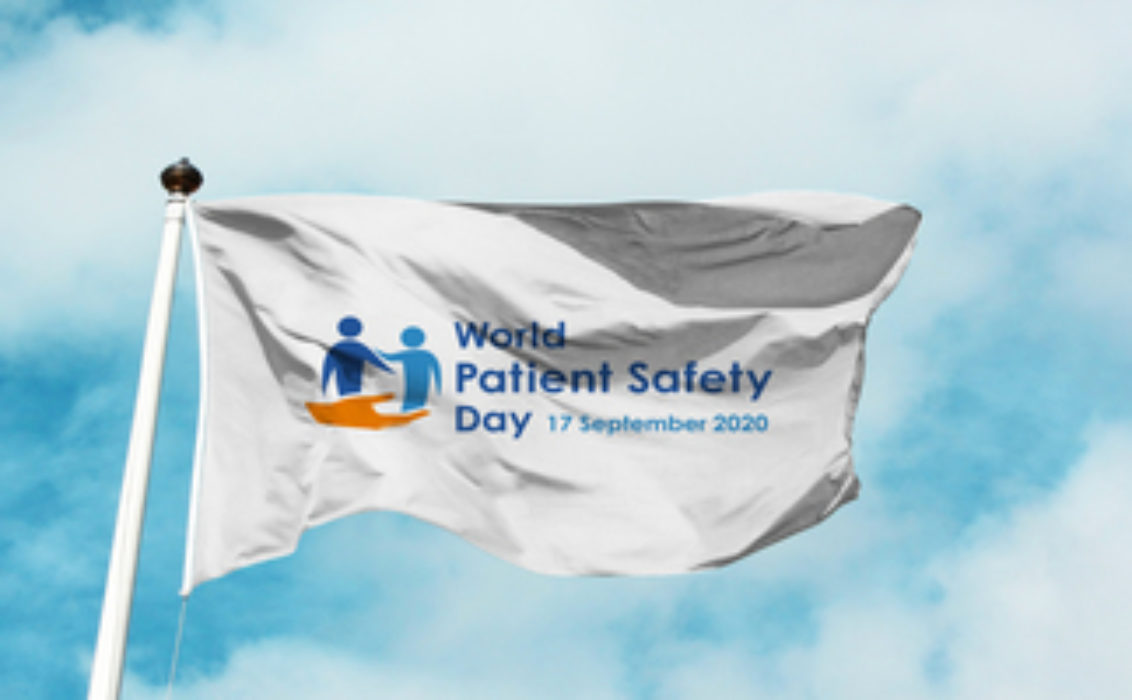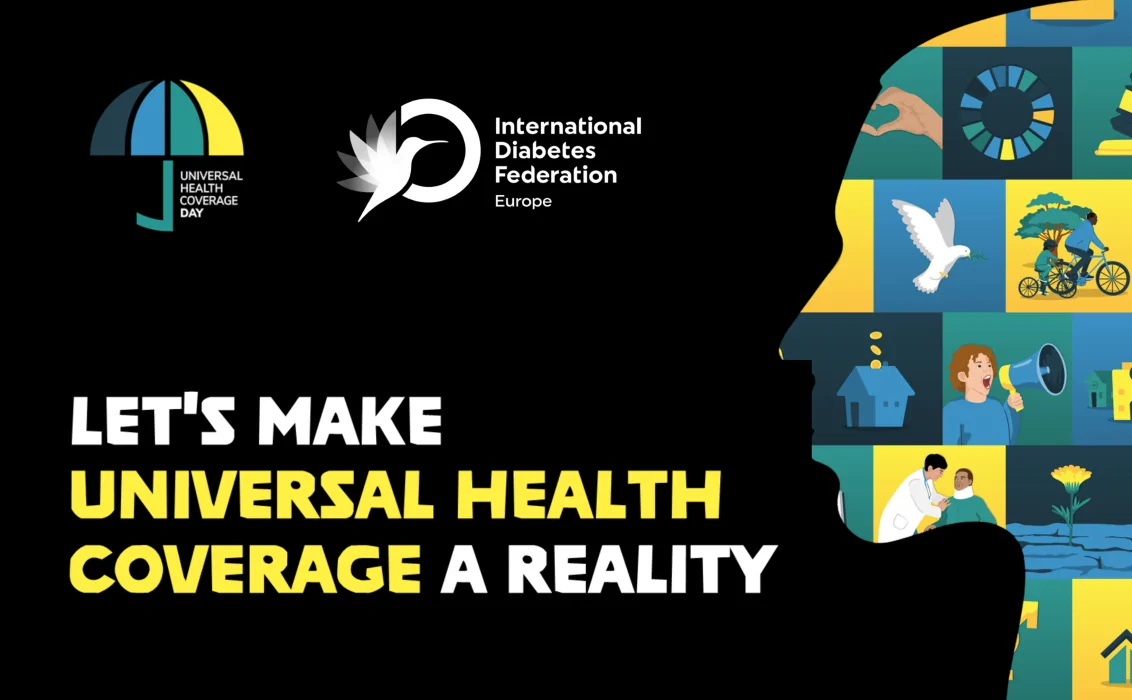Today 17 September 2020, the World Health Organization, international partners, and countries all over the world are celebrating #WorldPatientSafetyDay to raise awareness of patient safety, promote global actions to reduce patient harm and increase public engagement in the safety of health care.
The recent COVID-19 pandemic has posed unprecedented challenges for diabetes healthcare, and health professionals are currently working in difficult and stressful environments. We at IDF Europe believe that, especially on this day, it is important to acknowledge the critical need for people with diabetes and healthcare professionals’ voices to be heard loud and clear.
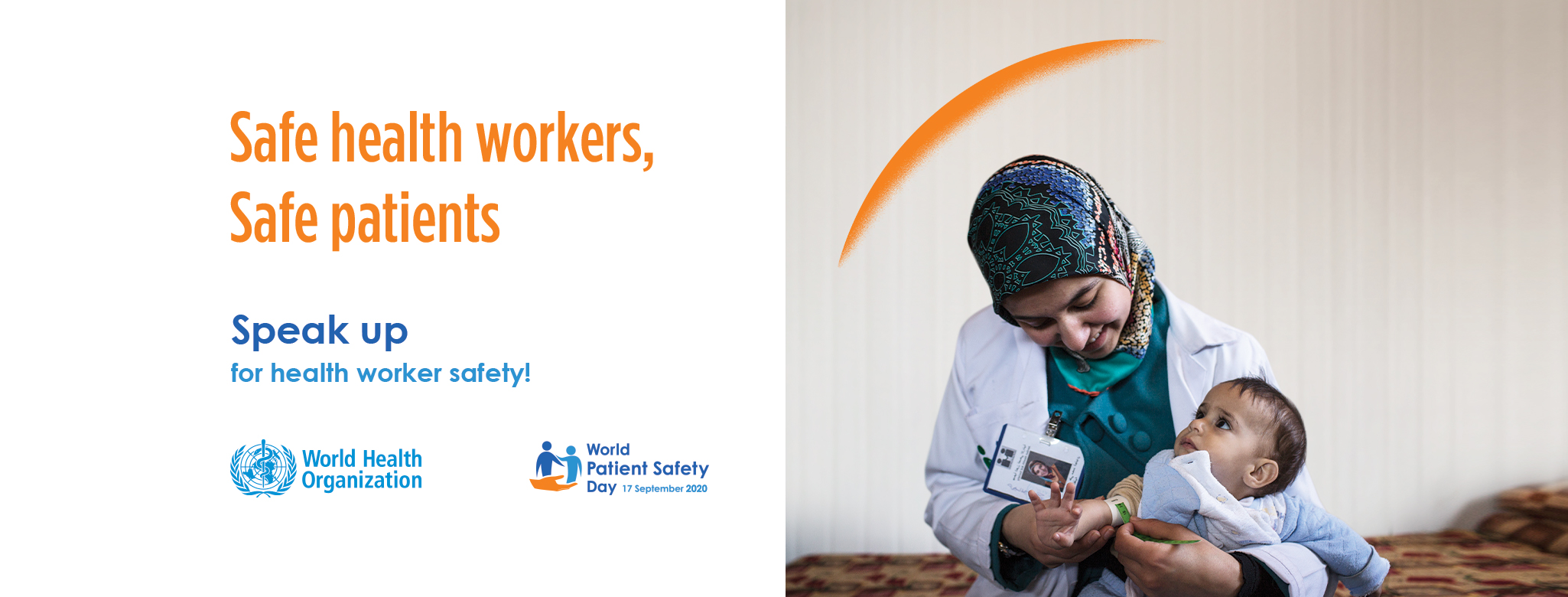 |
Read these testimonials from Tanja Shatanovska, who lives with type 1 diabetes, and from Velimir Saveski, Resident Doctor at the Clinic of Infectious diseases, to understand how safety was, and still is, handled in North Macedonia during the Covid-19 pandemic both from the perspective of a person living with diabetes and from the viewpoint of health workers.
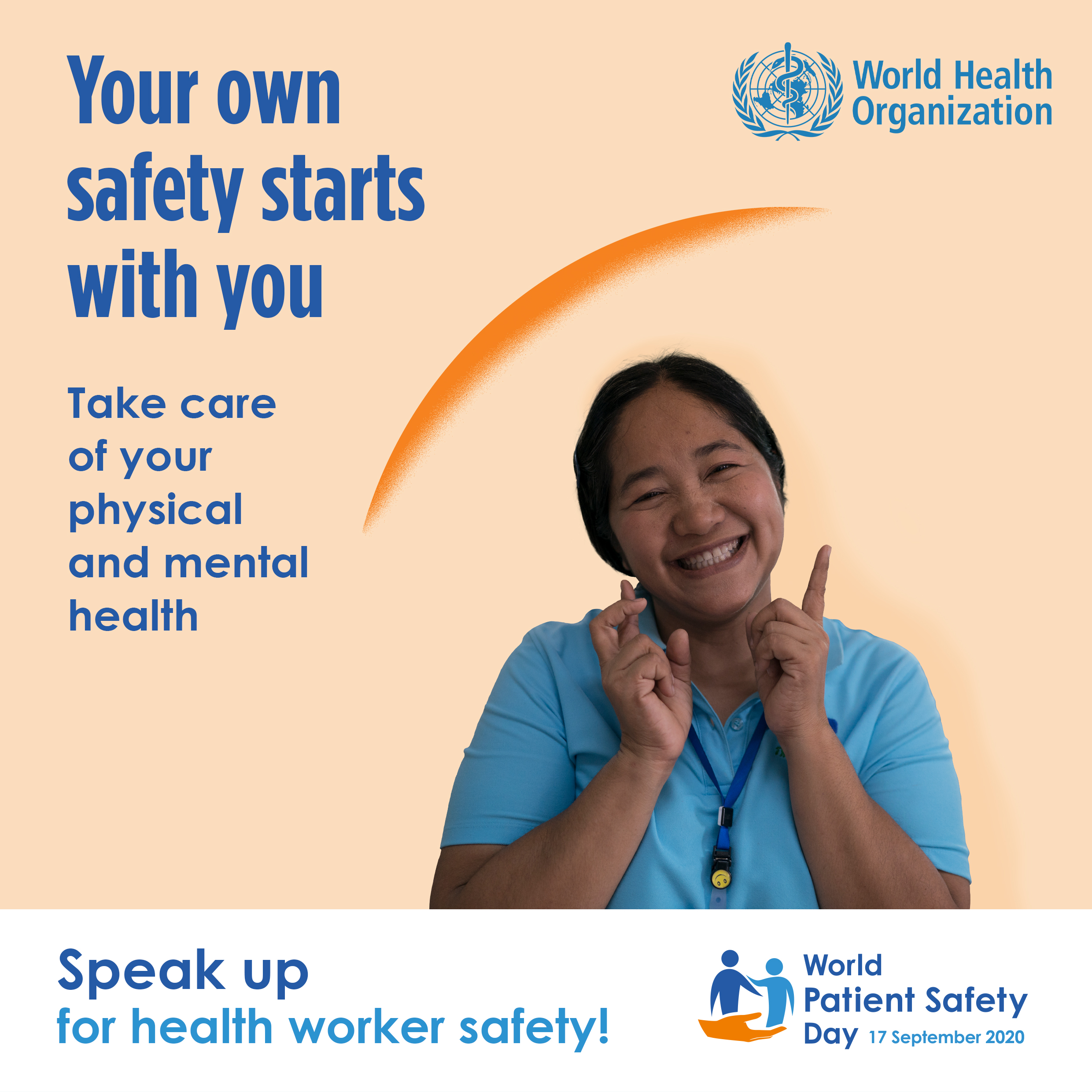 |
Tanja Shatanovska – living with type 1 diabetes
“The current COVID-19 pandemic has imposed significant challenges on endocrinologists in providing effective and sustainable care to people living with diabetes.
As a result of the pandemic, national authorities imposed strict quarantine measures that lasted from April until May, so most medical appointments and consultations in Macedonia, including for people living with diabetes, were canceled. However, doctors continued to provide in-person care to those patients with high HbA1c and/or some other complications. For others, medical care, such as prescribing or changing medications, was carried out online. These patients were able to consult with their doctors virtually, either by phone or email. The virtual consultations were similar to in-person ones in the sense that patients could discuss their issues and provide more information about their illness and the effects the COVID-19 pandemic has had on them. When conducting these virtual consultations it was made clear that by reducing physical contact with both medical professionals and patients, people with diabetes were protected. As my doctor was working during the pandemic and was in contact with many people, conducting virtual consultations gave me the comfort that I was being taken care of and at the same time not being exposed to additional risks. This was very important, considering that people with diabetes belong to one of the most vulnerable groups and suffer the greatest consequences if they fall ill with COVID-19.
In addition to these consultations, and in line with making sure both medical professionals and patients remained as safe as possible during the pandemic, several online videos were produced. In these videos, which as a patient I found very useful, my doctor together with other endocrinologists gave practical tips and recommendations on how to protect ourselves as much as possible from the virus while maintaining normal blood glucose levels.”
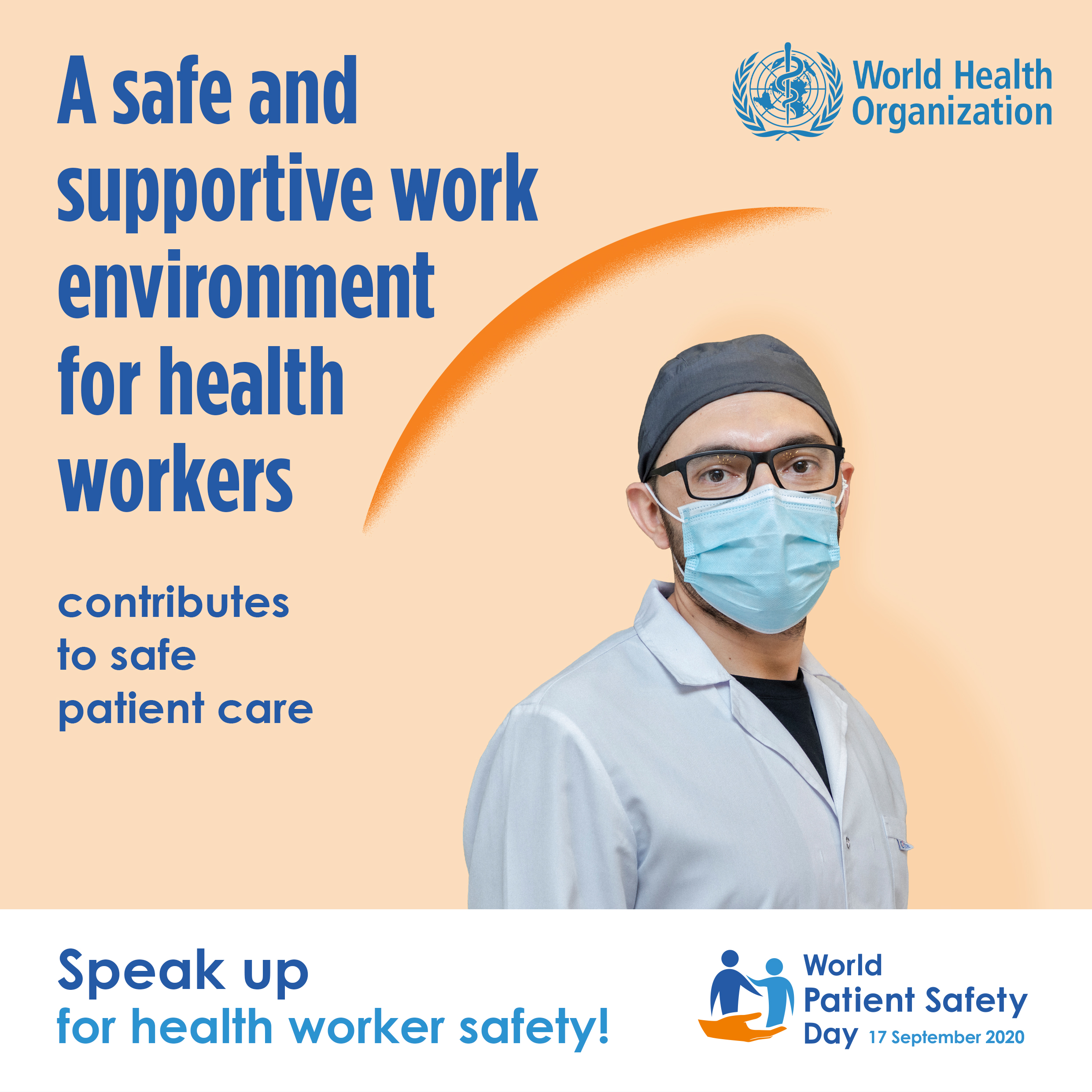 |
Velimir Saveski – Resident Doctor at the Clinic of Infectious Diseases
“For the people we love and take care of, we want them to be safe – at home, at work, in a car. Personal safety is always a priority, especially when working at the Infectious Diseases Clinic and now even more so when it comes to working with COVID-19 patients. I still remember when I put on the personal protective equipment for the first time and I faced COVID-19 patients in the early days of the pandemic. Beforehand, I, as a young doctor, had taken my personal safety for granted. COVID-19 reminds us of how important health workers are and how essential they are for every society. It is a well-known fact, but on the one hand, the pandemic showed how vulnerable we are on every level and on the other hand how important investment in personal and professional growth is. Ensuring good quality patient care cannot be achieved without taking care of the first responders and without the provision of a friendly and safe environment for efficient work. Health workers’ health and well being are fundamental. Frankly, after months of living and working during the pandemic, I hope that everyone understands how precious the work done by everyone in a health facility is, from the cleaning ladies to the senior doctors.”
